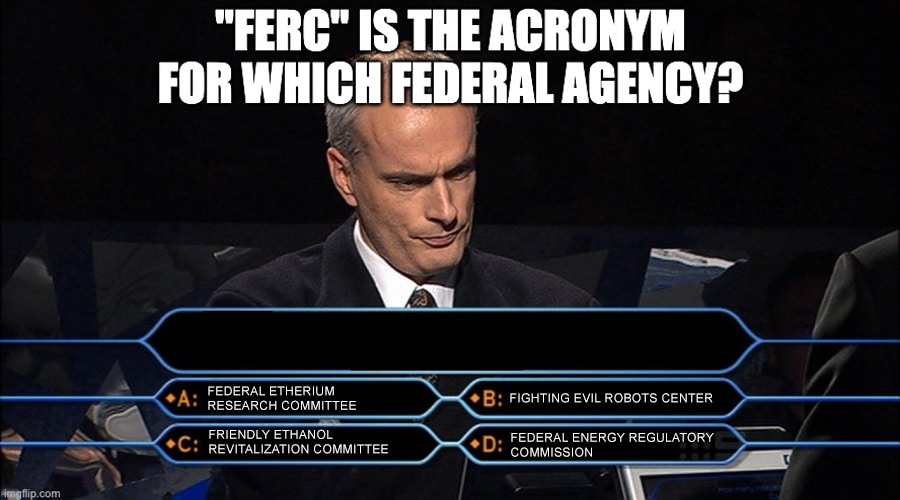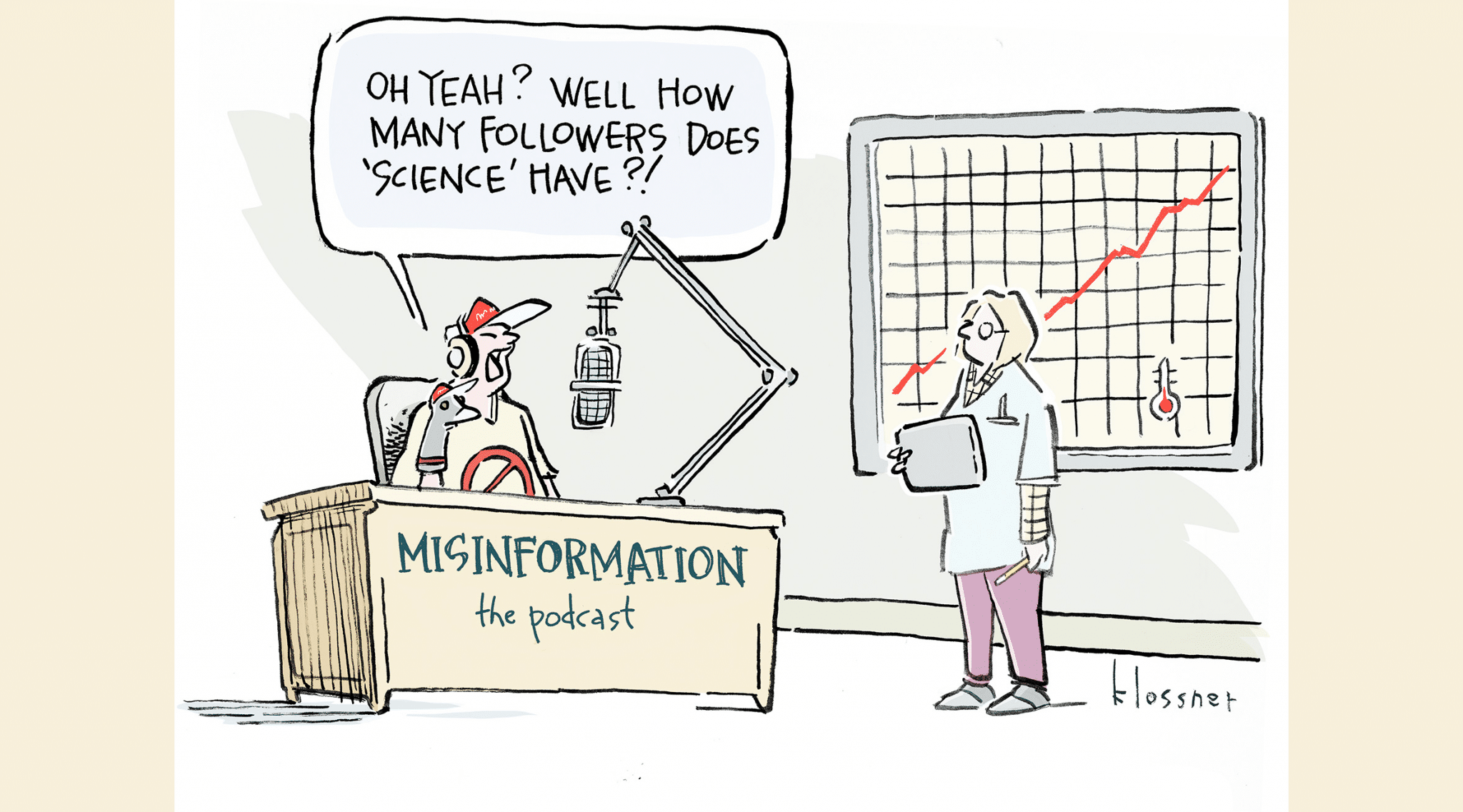You’ve heard the myth, in one form or another: Clean energy is unreliable. At this time last year, Texas Gov. Greg Abbott and others hawked a version of that theme when winter storms plunged the state into deadly, widespread power outages. The problem, you’d hear if you were watching Fox News, was “a reckless reliance on windmills.”
Explainer after explainer debunked the false message that frozen wind turbines drove the Texas grid’s disastrous failure—several factors, including lost generation from natural gas and lack of winterized equipment, played a role. As the state faced more icy weather this month, Abbott shied away from bashing wind again—but he’d already provided fodder for others interested in undermining renewable energy momentum.
Even a modest amount of complexity seems to invite the spread of false information. The U.S. electric grid, and the infrastructure that serves it, is run by an alphabet soup of decision-makers, from the local level on up: IOUs and POUs, RTOs and ISOs, PUCs, FERC… don’t get us started!
-

“Fighting Evil Robots Center” does sound familiar though…
So it’s not surprising to see people gravitate toward easy answers when a crisis hits, even if those answers are wrong. Climate-related issues can be scary, and there are plenty of unknowns, so it’s not hard to find all kinds of myths about climate change.
But on another level, it’s simple: We know what’s causing climate change, and we know what to do about it. How do we avert fear-based falsehoods and stick to the facts? The answer isn’t simply to push our glasses up on our noses and provide a correction.
“Fact and ‘alternative fact’ are like matter and antimatter. When they collide, there’s a burst of heat followed by nothing,” writes communications researcher John Cook, adding that people will just lose faith in facts. “Fittingly, science holds the answer to science denial.”
Here’s a look at the science on why misinformation is so rampant these days, as well as what tools we have to deal with it.
Why is this happening?
Brendan Nyhan, a political scientist at Dartmouth College, has outlined three reasons why truth seems to be going off the rails, and they aren’t likely to surprise you. One, misinformation thrives in a polarized society where people feel the need to “ingroup,” or identify with a particular tribe. “Greater partisan divisions in social identity,” Nyhan has written, “have seemingly increased the political system’s vulnerability to partisan misinformation.”
Two, this desire for identity-affirming messages attracts political and media personalities who will say what they know polarized people want to hear, regardless of whether it is true. And finally, social media amplifies and reinforces false beliefs, rewarding the purveyors with approval and/or attention.
COMEDIANS CONQUERING CLIMATE CHANGE
Check out the latest episode from the podcast












